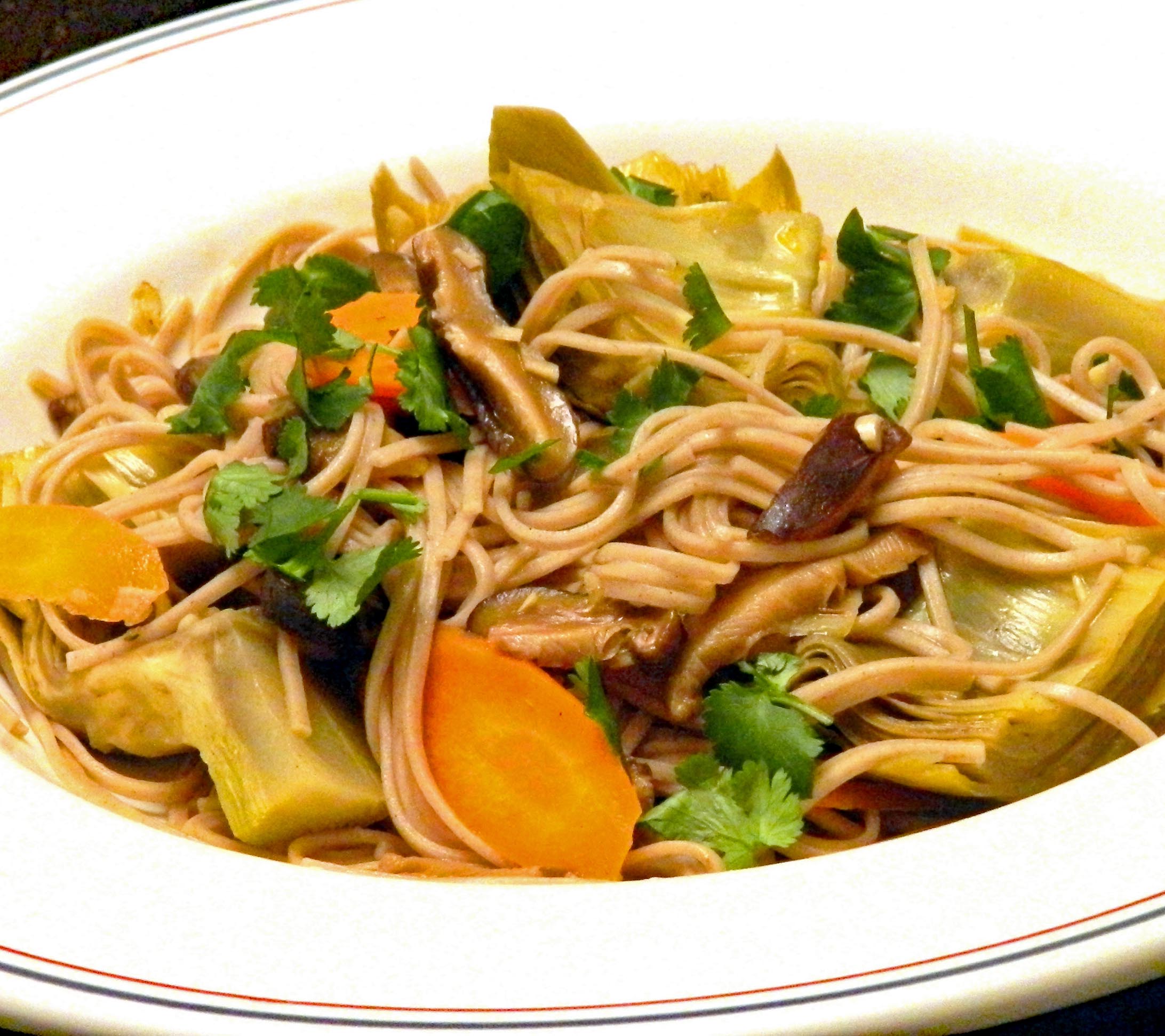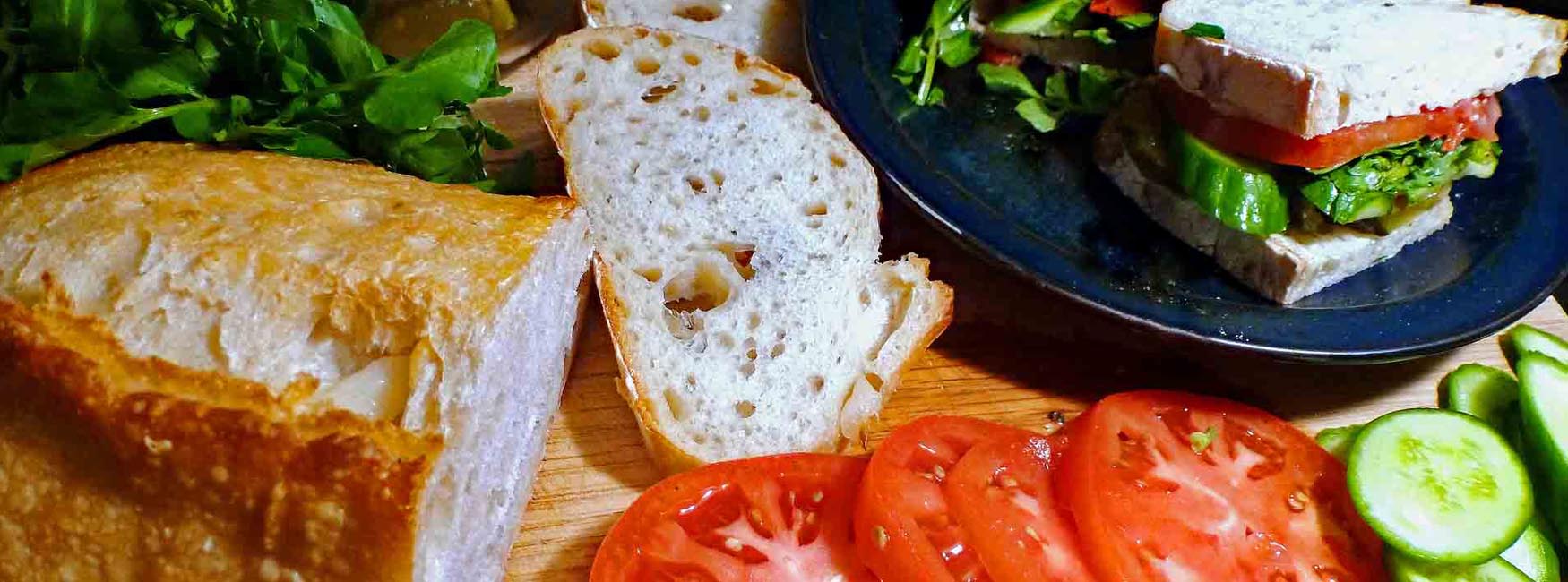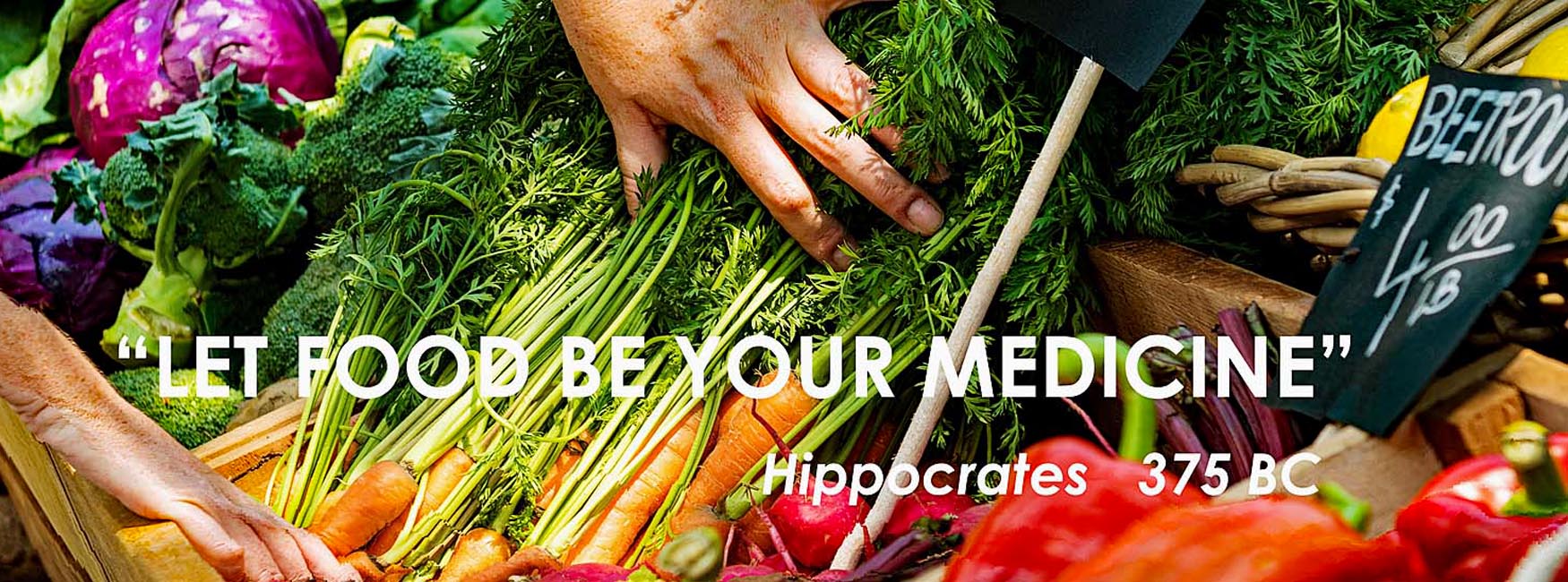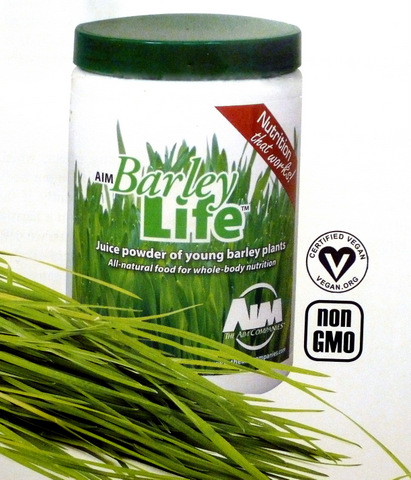Fasting For Health - Safe and Easy!
The history of fasting for health goes back as far as 10,000 years. Interrupting food intake to cleanse the body and mind has been standard medical practice from the beginning. We also observe that animals fast when they are sick and only resume eating when their bodies are rid of the malady.
What is Fasting?
Fasting is making changes to when and what you eat and following a set time agenda to feed yourself. There are many different types of fasting that can be used, but we are limiting this review to Time-Restricted Eating (TRE). It is the safest and easiest to follow of the many types of fasting for health.
Before you begin there are a few conditions that will prevent you from starting. If you have any of the following conditions you should not try to fast:
- Pregnant
- Breast feeding
- Have diabetes or a serious health condition
- Taking prescription medication
- Low blood sugar- hypoglycemia
Always consult with your physician before starting if you have any other concerns.
"Everyone has a physician inside him or her; we just have to help it in its work. The natural healing force within us is the greatest force in getting well. Our food should be our medicine. Our medicine should be our food. But to eat when you are sick is to feed your sickness." Hippocrates 460BC - 377BC
Some of the benefits of fasting for health are:
- Detoxification
- Reduces cancer risk
- Healthier heart
- Better blood sugar levels
- Reduces inflammation
- Supports the immune system
- Better brain function - may lower dementia risk
- Weight loss
- Reduces stress
- Aging effects and stress reduction
- Better hormonal balance

"The best of all medicines are rest and fasting." Benjamin Franklin
Auto Digestion
While you are fasting, the body will "autolyze" or "digest" inferior substances and metabolic waste that may include dead cells, damaged tissue, abnormal tissue growth, fat deposits, tumors, and arterial plaque. Toxic substances and fat are released from our tissues. Fasting cleans out the storage of toxic waste in the cells.
How do you begin the TIME-RESTRICTED EATING (TRE)?
TRE begins with choosing any food that works for your one meal per day. When fasting for health, you consume the food in an 8 or 9 hour period. The minimum hours for fasting is 12, while 15-16 hours a day is preferable. Making the eating period a shorter interval is even better.
Starting out you may want to do TRE once or twice a week. If you do more than one day a week, try to make the fast at the same time each day. There seems to be some benefit keeping the feeding time consistent. Do what feels comfortable and add diet days when it feels right for you.
"Instead of using medicine, rather, fast for a day." Plutarch 45 AD - 120 AD
Make sure that you have a well-balanced meal for your fasting. You don't need to count calories but you should try to use plenty of plant-based foods that will satisfy your nutritional needs and give you plenty of fiber. It is best to eliminate alcohol, nicotine, sugar and caffeine. You may even want to start with a plant-based eating regimen a few days prior to beginning your fast. This will help in detoxifying your body and reduce side effects of the transition to the fast. Many people decide to skip breakfast since it is the easiest to omit. Don't worry about breakfast being the most important meal of the day. That myth doesn't fly.

In the beginning, some individuals may experience a mild headache and/or some irritability. Usually this occurs with more sophisticated extended time fast. It normally takes two to three days to start feeling the positive benefits of fasting. If you end up doing more than 2 days, make sure that you break the fasting days with non-fasting days.
Plan to take plenty of liquids while fasting for health. You may want to include teas, fresh fruit and vegetable juices along with water during the non-eating time of the fast.
We know that fasting health benefits have been known and practiced throughout the history of mankind. In today's toxic food and living environment, a healthy fast regimen will certainly pay dividends to your well-being for the long run.
"Humans live on one-quarter of what they eat; on the other three-quarters lives their doctor." Egyptian pyramid inscription, 3800 BC
More About Diet Plans
- Hallelujah Diet - Thousands of people around the world have recovered their health with this diet.
- McDougall Diet - Dr. McDougall has been helping people recover their health for over 40 years.
- Esselstyn Heart Healthy Diet - Thanks to courageous pioneers like Dr. Esselstyn, the "paper tiger" of heart disease can be stopped in it's tracks, or reversed by simply eating heart healthy foods we were designed to eat.
- Pritikin Diet - The focus is on healthy whole foods like fruits, vegetables, whole grains, beans and fish.
- Macrobiotic Diet - Whole grains, vegetables and beans are the mainstay of this healthy diet with a philosophy of finding a balance in life for health and vitality.
- High Carbohydrates Diet - If you would like to lose excess pounds, feel better, and even look better, you need to take a long look at a high carbohydrates diet.
- The Protein Myth - is the idea that animal products are the only way to get quality protein.
- Facts About the Atkins Diet - A diet we encourage you to avoid!





